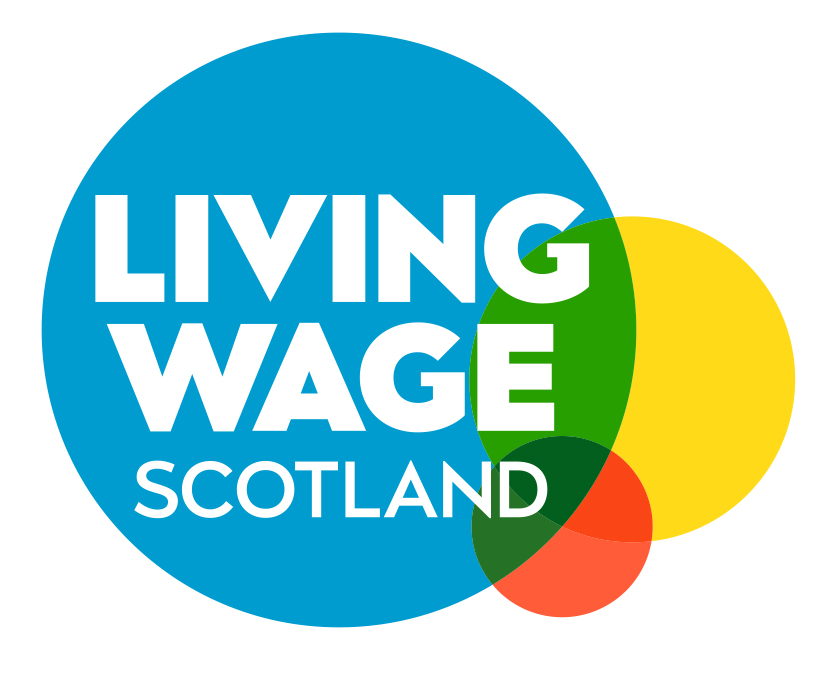By Muireann O’Sullivan, Living Wage Project Assistant
The current rise in inflation and energy prices is only further exacerbating in-work poverty by reducing real income and cutting living standards for many low-paid workers. Young workers (defined in this piece as aged 18-24 years) experiencing low pay are faced with a lower minimum wage guarantee and are more likely to be precariously employed than most other age groups. 17% of workers under 25 are affected by low paid insecure work, compared to 12% of the whole UK workforce. (LWF, 2021)
The UK government’s minimum wage legislation offers differing minimum rates depending on the employee’s age. In 2021, the National Living Wage was extended to staff over the age of 23. The government have committed to lowering the age threshold for the NLW to 21 and over by 2024.
By contrast, the real Living Wage applies to all employees over the age of 18 because young people have the same living costs as other age bands. They too deserve to have a decent standard of living. Significant numbers of young people don’t have the option of family support and are falling further and further into in-work poverty. Young people are struggling to afford essentials and have fewer opportunities to save for an unexpected cost or bill. 82% of low-income households with an adult aged 18-24 experienced food insecurity in the last month or went without essentials in 2022. (JRF, 2022) Young people are least likely to own their house outright with 31% renting privately in a rental market with rapidly rising rents. (JRF, 2022)
“Earning the real Living Wage is important because it means I am able to spend more on my daughter. Before I started working for an accredited employer, I didn’t know about the real Living Wage but being 19 it really makes a difference”
Third Sector Worker
Accredited Living Wage employers recognise young workers’ potential and equal living costs by paying at least the real Living Wage.
“I love to know all of my staff and work with them daily. Yet to do that and then pay them less than they need to live on is an impossibility. And to pay youth even less doesn’t make sense. We have 18-year-olds on the team with rent to pay. The real Living Wage is the only option.”
Tom McDermott, Owner, sprigg
The intention of lower youth rates in the UK Government’s statutory minimum wage was to prevent the risk of pricing younger (less experienced) employees out of the labour market. Unemployment is typically highest among young people compared to other age bands. The recent Office of National Statistics employment figures released in August 2022 show that unemployment for 18–24-year-olds has fallen to 8.8% from 9.4% in the previous 3-month period. While the intentions may have been benign, as discussed before young people face the same cost of living pressures as anyone else. And unemployment is not the only risk facing young workers.
Indeed, the drop in unemployment for young people has coincided with a rise in the number of young people working on zero-hours contracts, workers in the gig economy, and in industries where low pay and precarious hours are prevalent. Insecure work has become a defining feature of the labour market for many young adults. According to the Work Foundation’s UK Insecure Work Index those aged 16-24 are two and a half times more likely to be in severely insecure work than those aged 25-65. This is especially the case for certain young people such as young disabled people and young people who had lost their job during the pandemic. In 2021, 46.2% of young disabled workers were in severely insecure work compared with 29.5% of non-disabled young workers. Workers who had lost their jobs during the pandemic were much more likely to be employed in less secure work than those who remained in work, 33% vs 12%. (Resolution Foundation, 2022)
Tackling youth unemployment is important, but we also need to ensure young people have jobs that are fair, secure, and paid at least the real Living Wage.
Through our Living Hours accreditation scheme employers can provide greater security of hours and contracts to their staff, alongside the real Living Wage.
Employers who join the scheme commit to providing:
- at least 4 weeks’ notice for every shift, with guaranteed payment if shifts are cancelled within this notice period.
- a guaranteed minimum of 16 working hours every week (unless the worker requests otherwise)
- a contract that accurately reflects hours worked
If you are interested in finding out more about how Living Hours could work in your business, you can get in touch directly with our Living Hours Project Coordinator Christine McCaig via Christine.mccaig@povertyalliance.org

